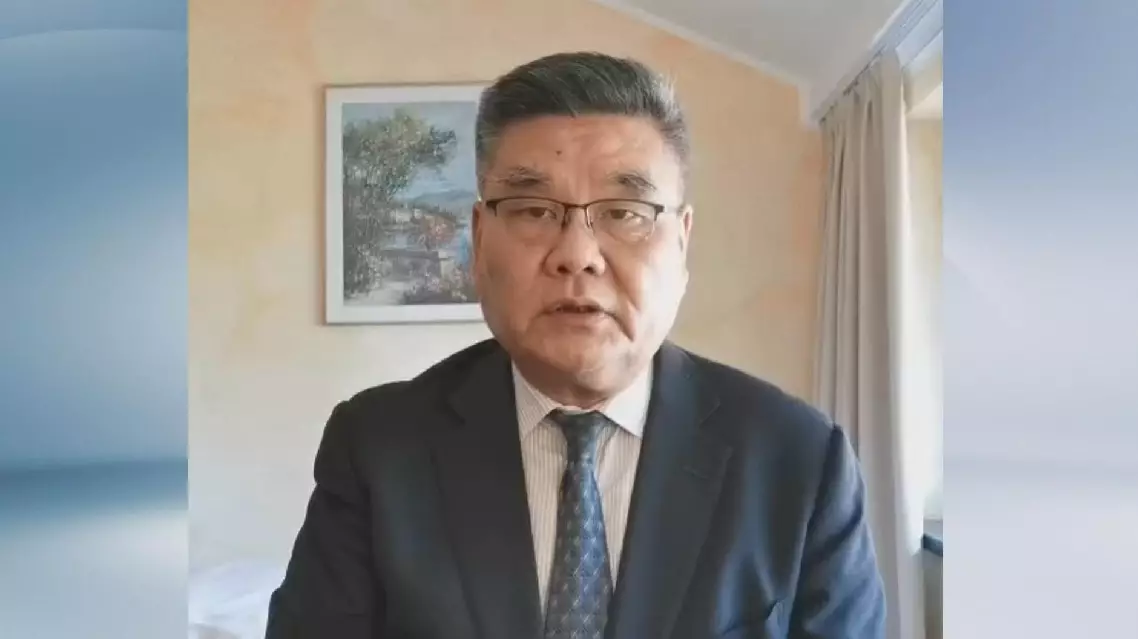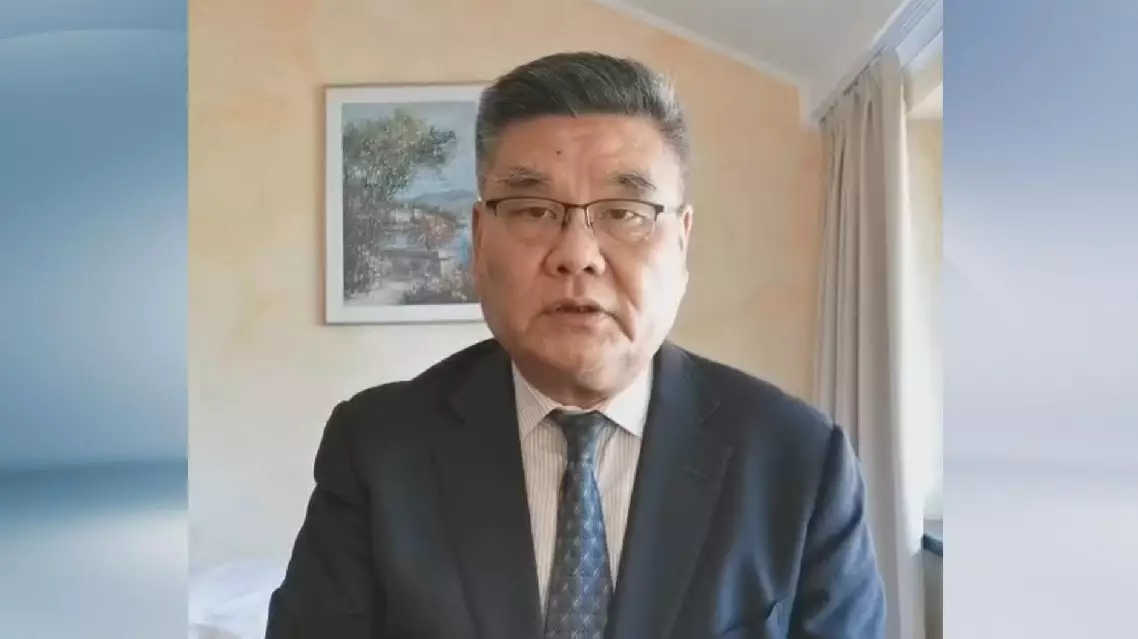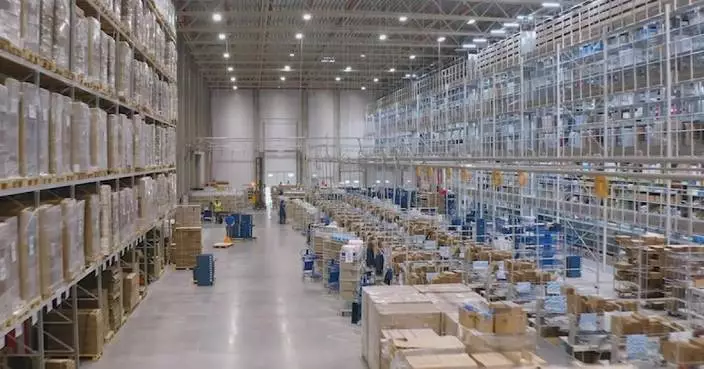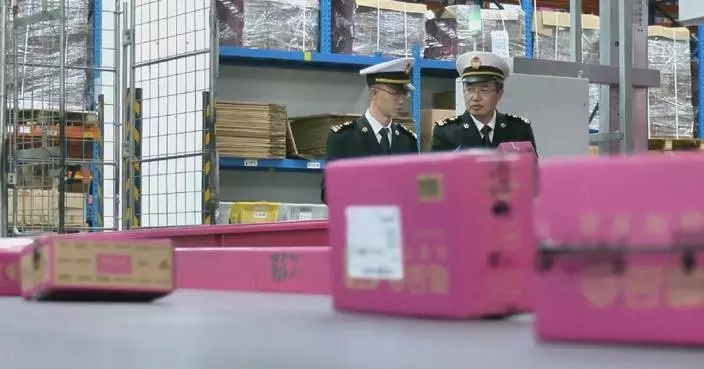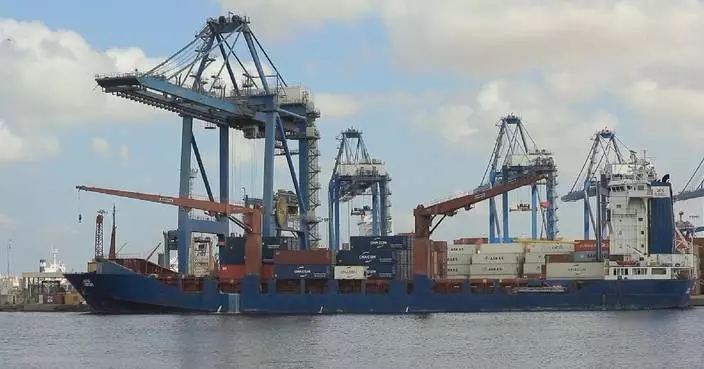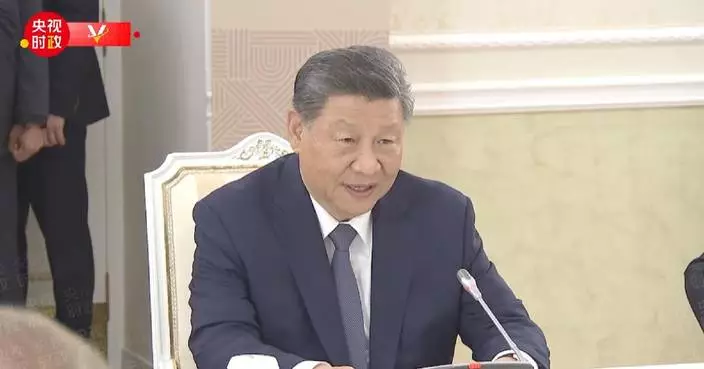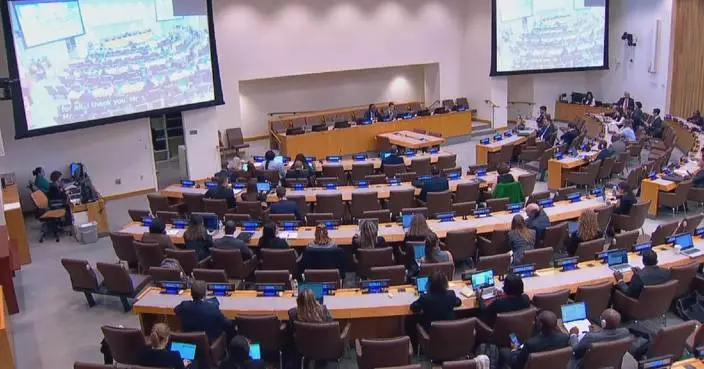China's first transportation loan project granted by the BRICS New Development Bank (NBD), a metro line crossing through the industrial city of Luoyang, Henan Province, has been instrumental in local efforts to cut emissions and boost employment.
In 2018, the NDB approved a 300 million U.S. dollar sovereign loan to support the construction of Luoyang City's Metro Line 1. The line officially began operation in 2021 with 19 stations, spanning a total length of over 25 kilometers.
It was the first collaboration between the bank and Henan Province, situated in the country's central region.
"The successful withdrawal and payment of this project is the first successful withdrawal case of the New Development Bank in China," said Fang Haiyang, manager of the Finance and Accounting Department of the Luoyang City Rail Transit Group.
In February this year, officials and experts convened in Beijing to review the project's outcomes and lessons learned. According to an evaluation by the Independent Evaluation Office of the New Development Bank, the project was rated as "successful".
Bank representatives said the project stands as a remarkable success, exceeding expectations in terms of its impact on livelihoods as well as the environment.
"This project itself has been quite successful, particularly in terms of enhancing the mobility of communities of people in the city of Luoyang, in terms of the business development around the metro line that the NDB helped finance in the city, but also equally, critically, the reduction in green house gas emissions as a result of the construction of the metro," said Ashwani Muthoo, director general of the Independent Evaluation Office of New Development Bank.
Data from the local government shows that the metro line project generated nearly 10,000 jobs, reduced carbon emissions by 32,800 tons on an annual basis, and transported more than 53 million passengers by the end of 2023.
"The success of the project has strengthened foreign investors' recognition of Henan and confidence in investing in the province, facilitating the province's ability to attract and utilize foreign investment more effectively so as to better promote the modern development of the province," said Li Ming, deputy director of the Henan Provincial Department of Finance.
The New Development Bank stands as a cornerstone of the BRICS cooperation framework. With a focus on infrastructure, sustainability, and environmental protection, the bank plays a key role in driving growth across emerging and developing economies.
The 16th BRICS Summit is being held in western Russia's Kazan City from Tuesday to Thursday.
BRICS began with Brazil, Russia, India, China and South Africa, and has now evolved into an influential international cooperation mechanism with an expanded membership.
In addition to the countries that officially joined the BRICS family on Jan 1, 2024, over 30 countries like Thailand, Malaysia, Türkiye and Azerbaijan have either formally applied for or expressed interest in membership.
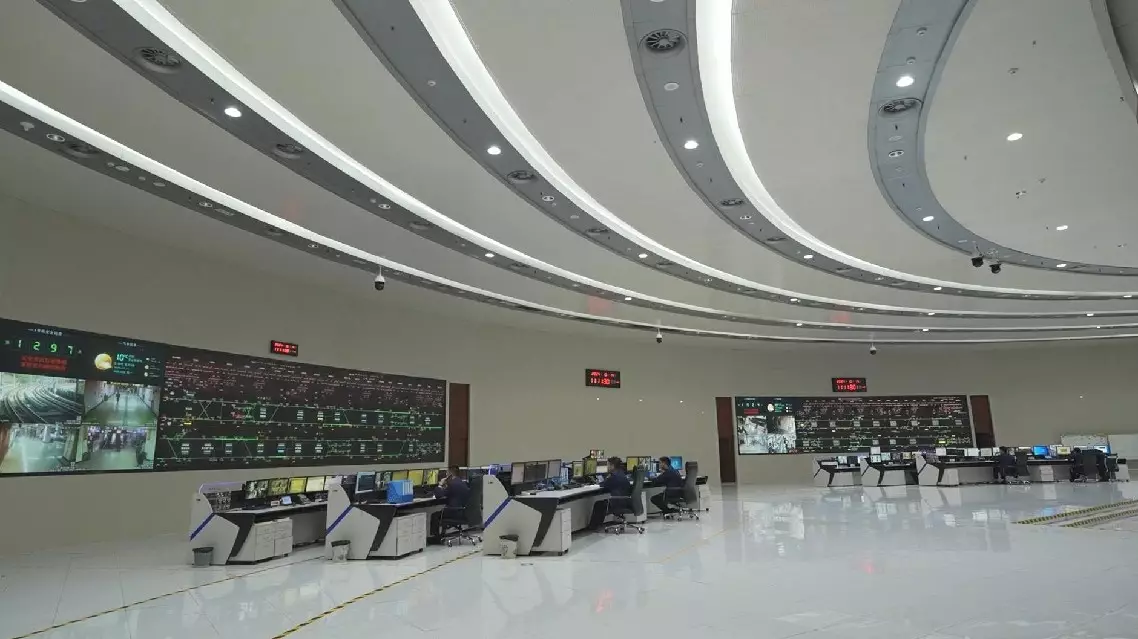
NDB-funded metro line project facilitates modern development of Chinese city


